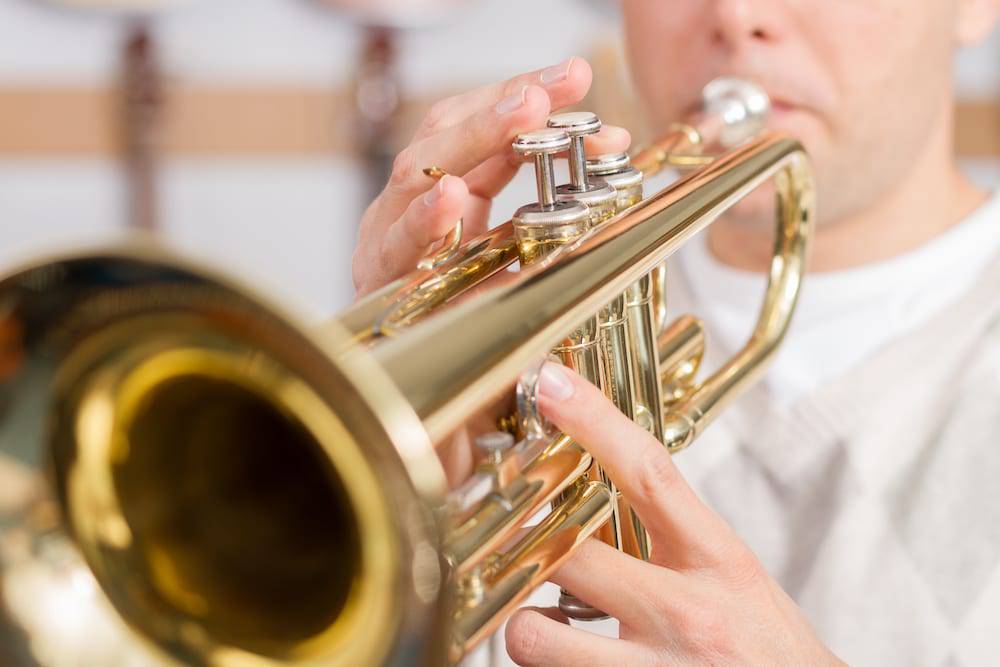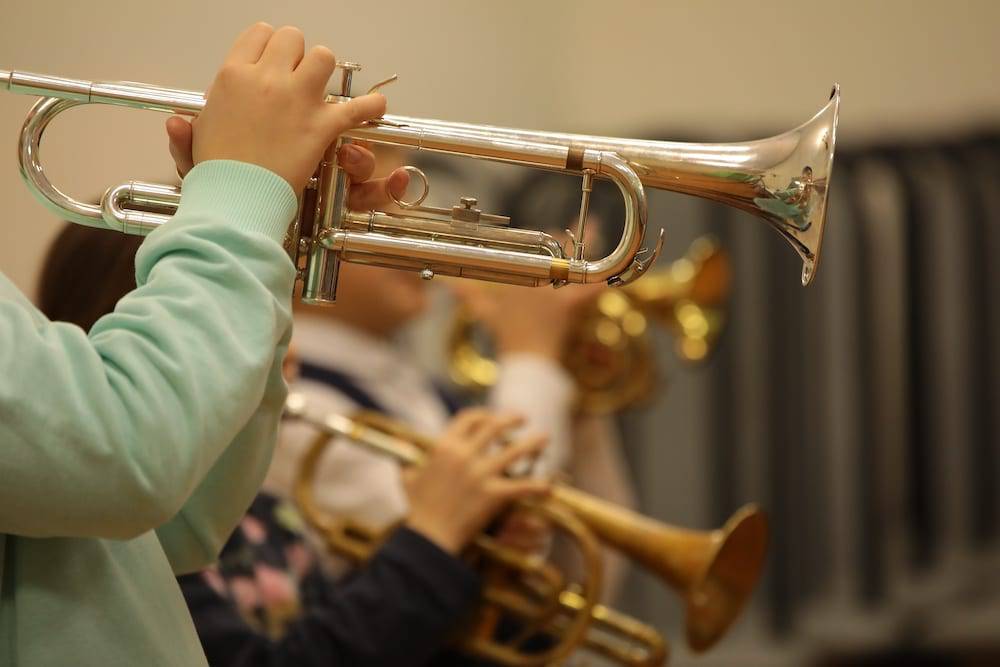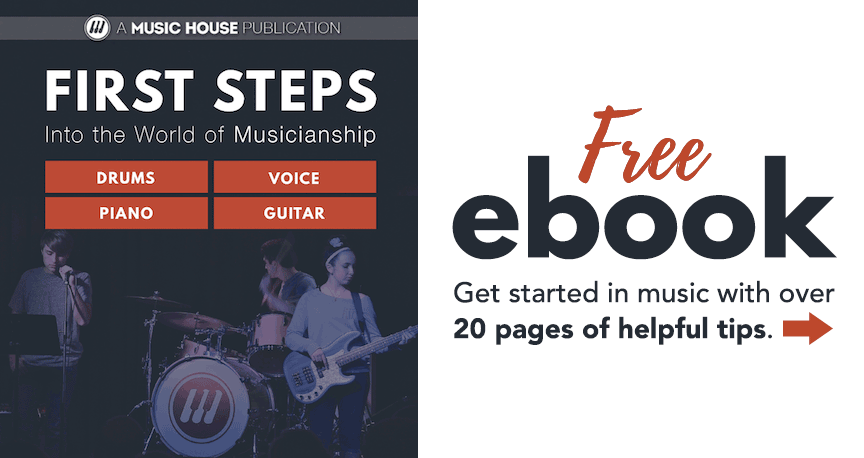4 Things You Should Consider Before Learning to Play the Trumpet

The trumpet is perhaps one of the coolest instruments out there thanks to its versatility and size. Think about it: the trumpet can blend in flawlessly with so many genres of music. Jazz, rock, classical, bluegrass, mariachi - the list goes on and on! Whatever musical piece a trumpet is a part of, it adds to the overall sound and quality of that piece.
That being said, the trumpet is also a unique instrument and there are some things you should know before beginning. If you are interested in learning the trumpet, or perhaps you have a child who is ready to enroll in music lessons in Kansas City, we have some information for you to check out.
Keep reading to learn more about this great brass instrument!
1.) Consider Size and Age
When it comes to kids who want to learn the trumpet, there are some things that parents need to take into consideration first. While many famous trumpet players began learning as early as 5 or 6 years old, this might not be the ideal time for everyone. Here are a few reasons:
- Baby Teeth:
If your child still has their baby teeth, it is typically recommended that they wait until their adult teeth come in. Usually, this is anywhere between the ages of 10-12. If they are under the direct supervision of a private music instructor, then it can be okay to start earlier.
- Braces:
We all know braces can be a painful stage for kids. This is especially true if they are also trying to learn an instrument on top of everything. If you plan to have your child get braces within the next six months or so, it is best to wait to have them start playing the instrument until after the braces are off. The mouthpiece typically sits right where their braces are and playing can be painful.
- Strength & Size:
While to an adult, a trumpet isn’t a particularly heavy instrument, to a child, it can be a difficult thing to lift! Due to the size and weight of the trump, smaller children might struggle to hold it up, causing the bell of the horn to dip forward. With short forearms and small hands, it could even be quite hard to reach the valves and slide. If this is the case for your child, it would be best to wait a few years until they are better equipped to handle the instrument. Or, you could start them off with a cornet instead.
2.) Cornet vs. BB Trumpet
Have you ever heard of a cornet? It is an instrument that is played exactly like a trumpet. In fact, it is even held the same and for the most part, sounds the same, too. The only real difference is in the size. It is more compact, lighter to hold, and the bell won’t tip forward while holding it up. This is a great alternative for younger children!
Some adults may even prefer playing the cornet instead. If you are a smaller adult, or just prefer to play something that is a little lighter to hold, then a cornet would be a great option over a trumpet.

3.) Prepare for Maintenance and Upkeep
Just like any instrument out there, trumpets require maintenance and upkeep. Many new players are surprised when they see just how many moving parts and mechanics go into playing the trumpet. They might see three valves and think that it’s overly simple. However, that is not the case.
On top of the three valves you need to oil, there are also four different slides that need greased. And don’t forget to clean your mouthpiece and empty your spit trap! If your trumpet isn’t well-maintained, not only is it going to be difficult to play (moving a sticky slide is very hard!), but it isn’t going to produce the sound quality you want it to.
Don’t worry - we’re not going to leave you high and dry! When you enroll into private music lessons in Kansas City, your instructor is going to act as a guide. They will show you everything you need to know about caring for your instrument so that it will last a very long time. Your instrument should be treated as an extension of yourself.
4.) Get Ready for Commitment
It might not be a wedding ring, but it is made of metal and you need to be ready to put in the hours! Learning a new skill or hobby takes time, practice, and patience. With learning the trumpet, there comes a lot of muscle building and hand eye coordination that needs to be done. These things do not simply happen overnight. Instead, you have to be invested in learning each and every day.
Here at Music House, we recommend practicing for at least half an hour each day. Your facial muscles take time to develop. Have you ever watched a child puff up their cheeks to blow up a balloon? The same concept applies here as well. Even just 3-4 days without practice will cause these muscles to weaken. For every day you take off, it will take a day to get you back on track. So if you take a week off, it will take a week to get back on track. Don’t fall behind and stay committed to your practice schedule as much as possible!
Music Lessons in Kansas City
So, are you ready to try learning the trumpet? Then you should contact Music House today! We have reinvented what learning a brass instrument looks like, focusing on an innovative approach that combines the best of both modern and classical pieces. We want our students to have fun while also receiving a worthwhile music education. Between private lessons, community classes, jam sessions, and band workshops, we guarantee that you are going to encounter a very diversified approach to experiencing music.
If you are interested in learning more then contact us today! We would be happy to answer any questions that you may have and help you get started as soon as possible.

